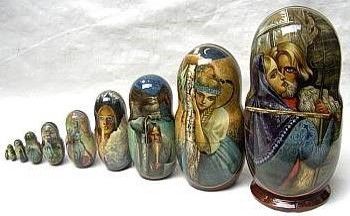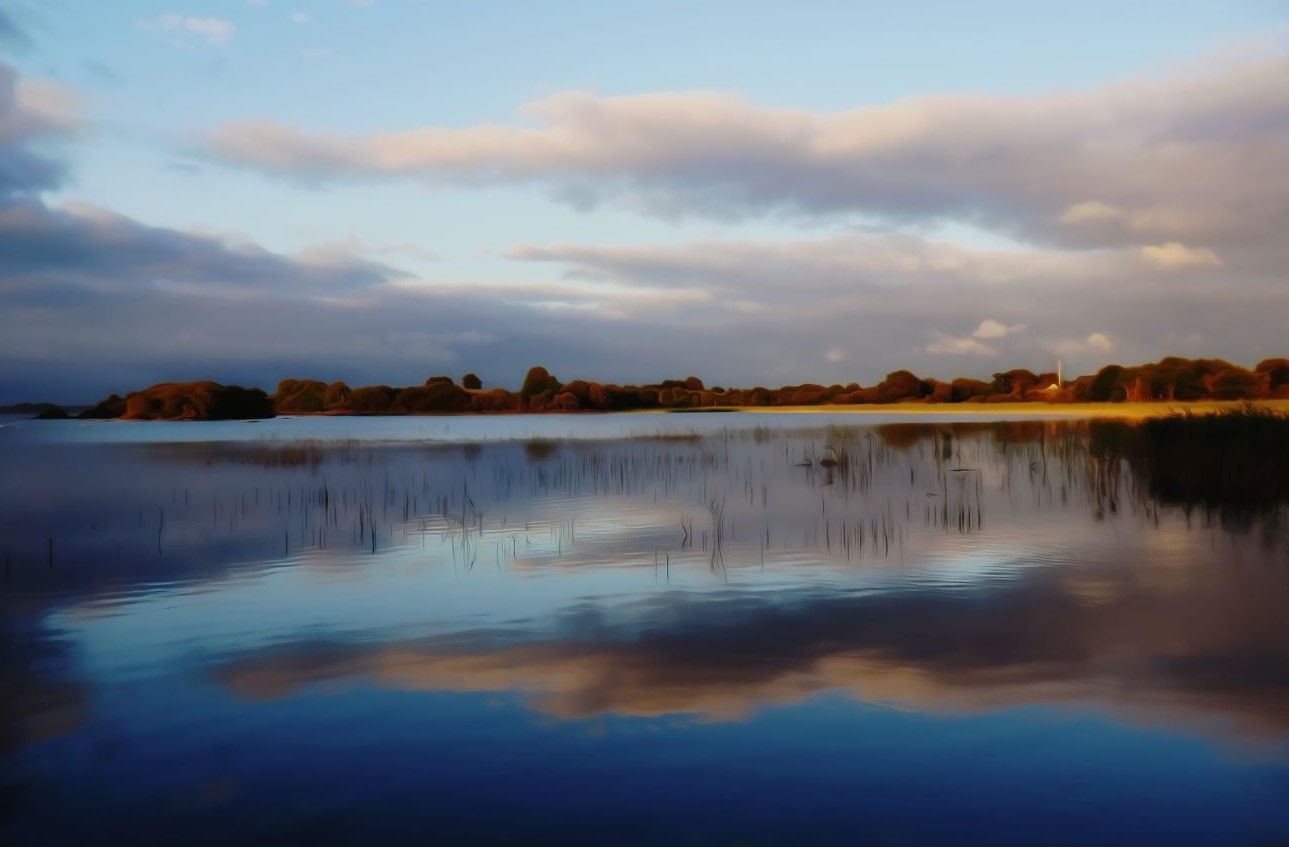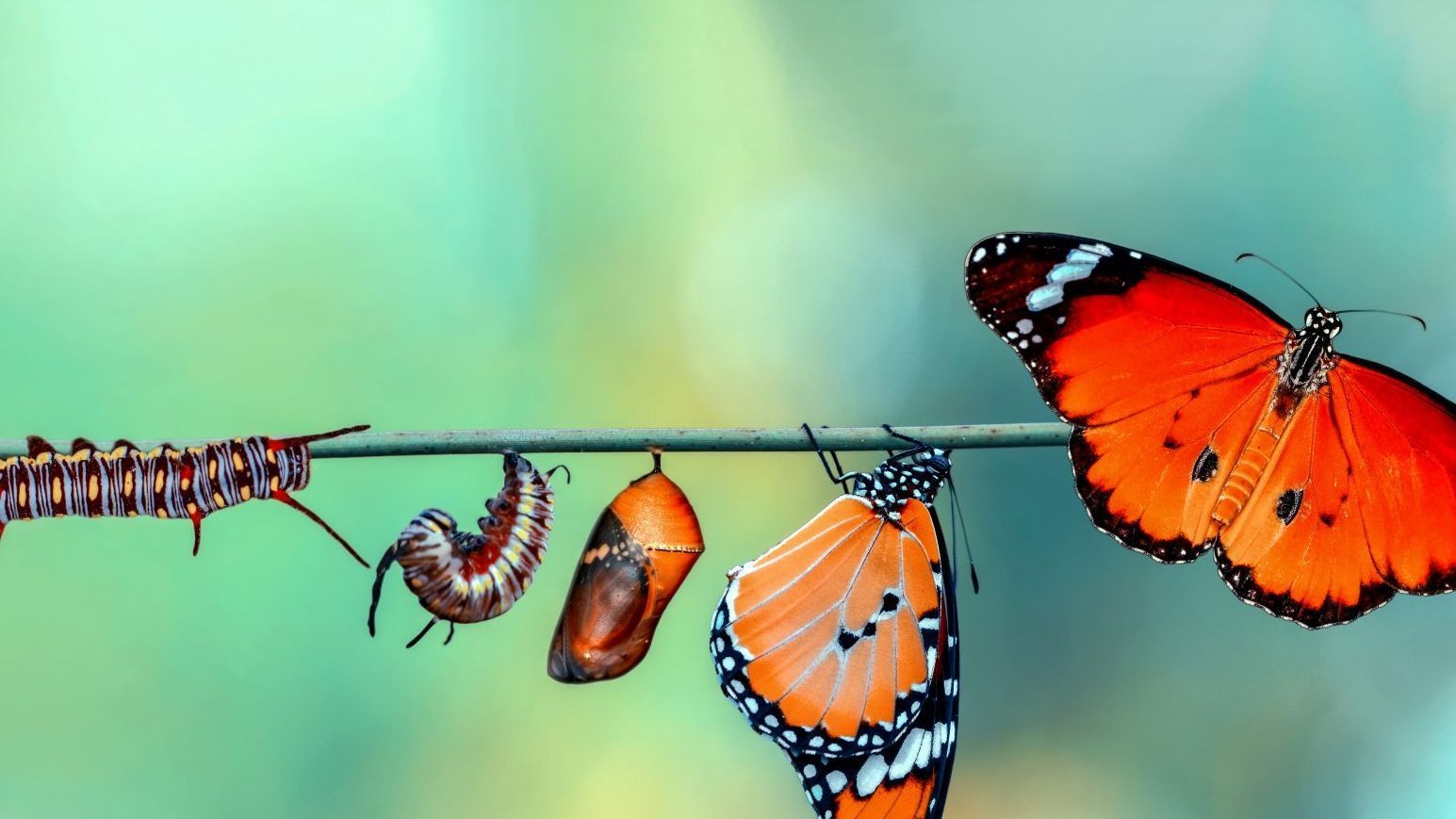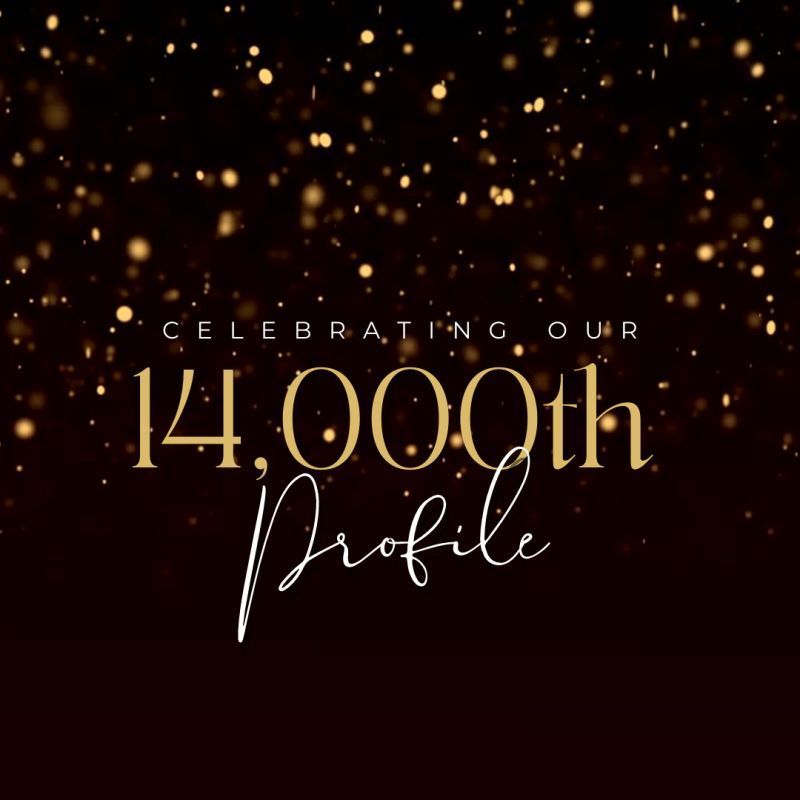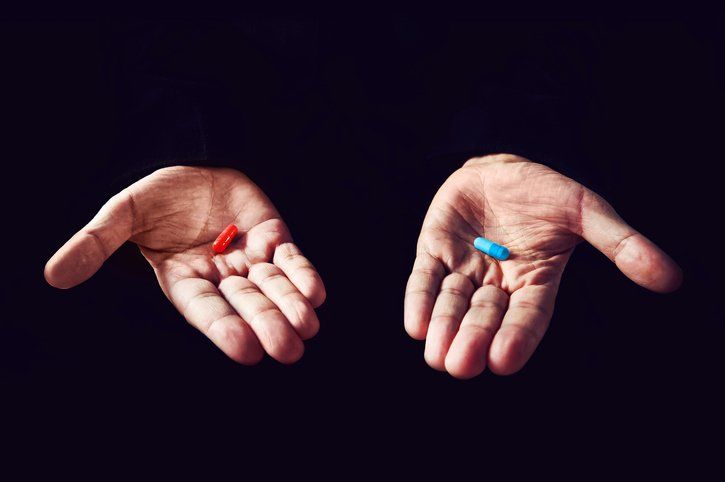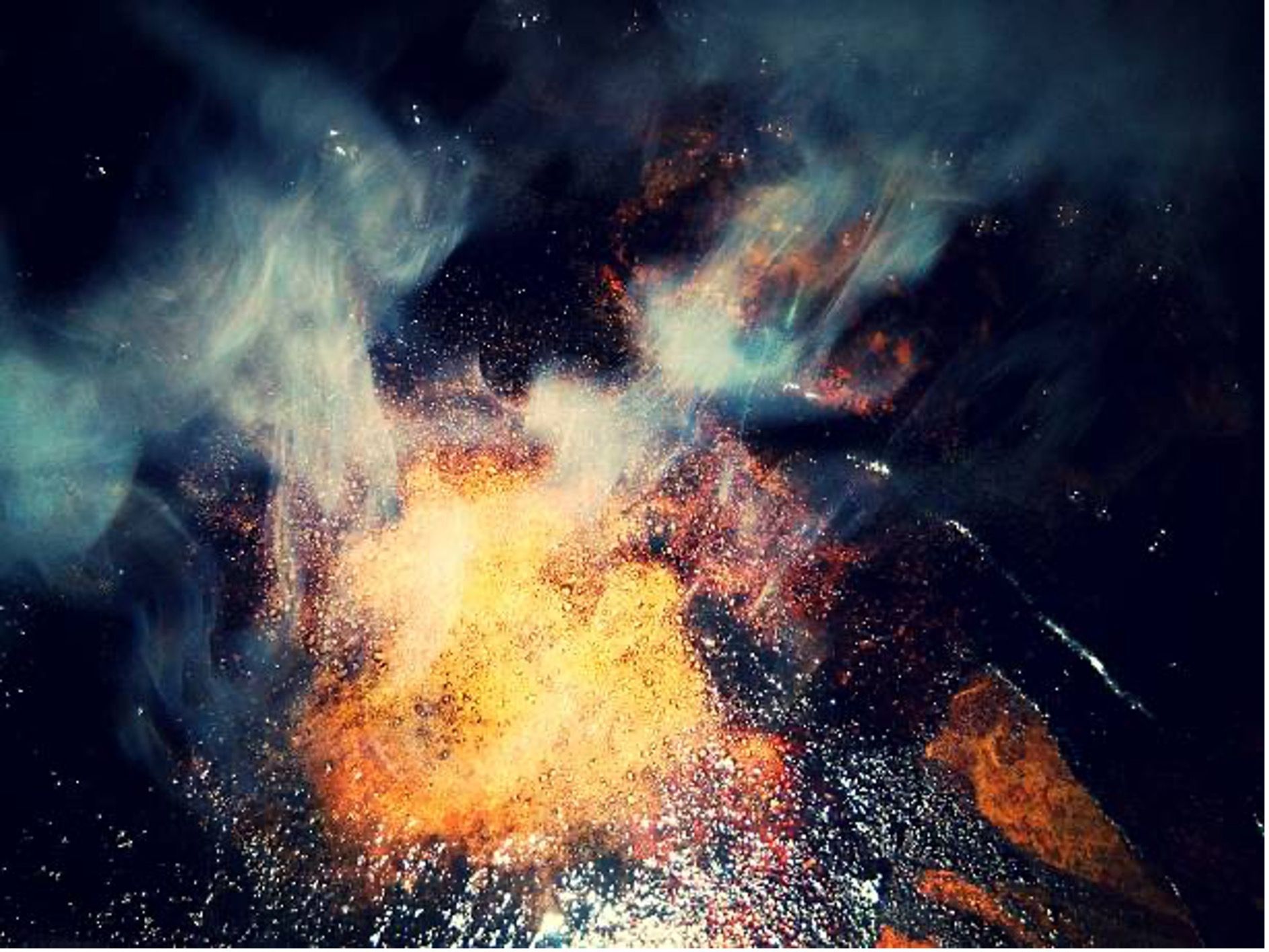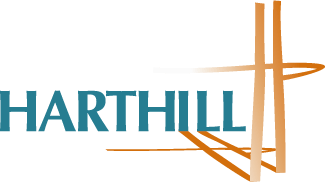
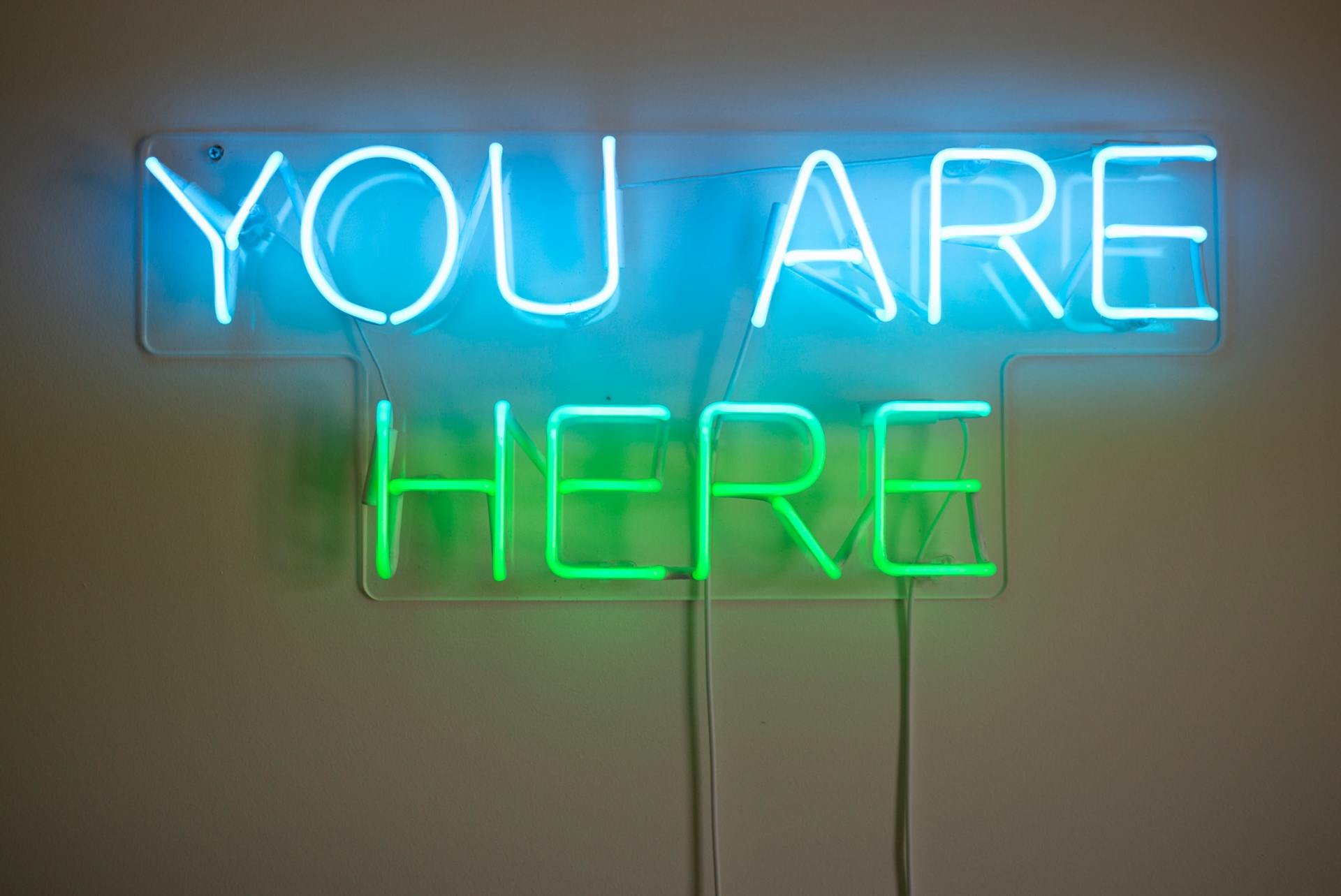


What would happen if I let go?
What would happen if I just let go?
Specifically, if I just let go of the metaphor that underpins the story of my coaching
Or the story of my leadership.
The one I believe defines my purpose and gives me meaning.
The one that creates all those 'shoulds' to help me assess my effectiveness and, ergo, value. That scores my preparedness, performance and position in whatever league table on which I desperately want to leave my mark.
And in so doing exposes me to worry, stress and feelings of deep secret shame.
That one.
The metaphor that, just by unfolding itself in my psyche, presents its own shadow as something that could be attractive to me, could be helpful to me, could perhaps even make me more professional.
What would happen if I just let go?
Not deconstruct, find fault or make a big thing about it. Not replace it with another metaphor - equally flawed; equally shadowed; equally as capable of causing me to feel like an imposter.
But just, as Barbara Holmes puts it, 'let go of our false sense of control, and ride the waves of destiny'
Walk into whatever the moment offers me. Stop being at war with myself and just let myself be.
It's an invitation, a suggested experiment, a developmental practice maybe. Perhaps it's an inquiry worth exploring.
What would happen if I just let go?
WIld Geese
Mary Oliver
You do not have to be good.
You do not have to walk on your knees
for a hundred miles through the desert repenting.
You only have to let the soft animal of your body
love what it loves.
Tell me about despair, yours, and I will tell you mine
Meanwhile the world goes on.
Meanwhile the sun and the clear pebbles of the rain
are moving across the landscapes,
over the prairies and the deep trees,
the mountains and the rivers.
Meanwhile the wild geese, high in the clean blue air,
are heading home again.
Whoever you are, no matter how lonely,
the world offers itself to your imagination,
calls to you like the wild geese, harsh and exciting -
over and over announcing your place
in the family of things.


